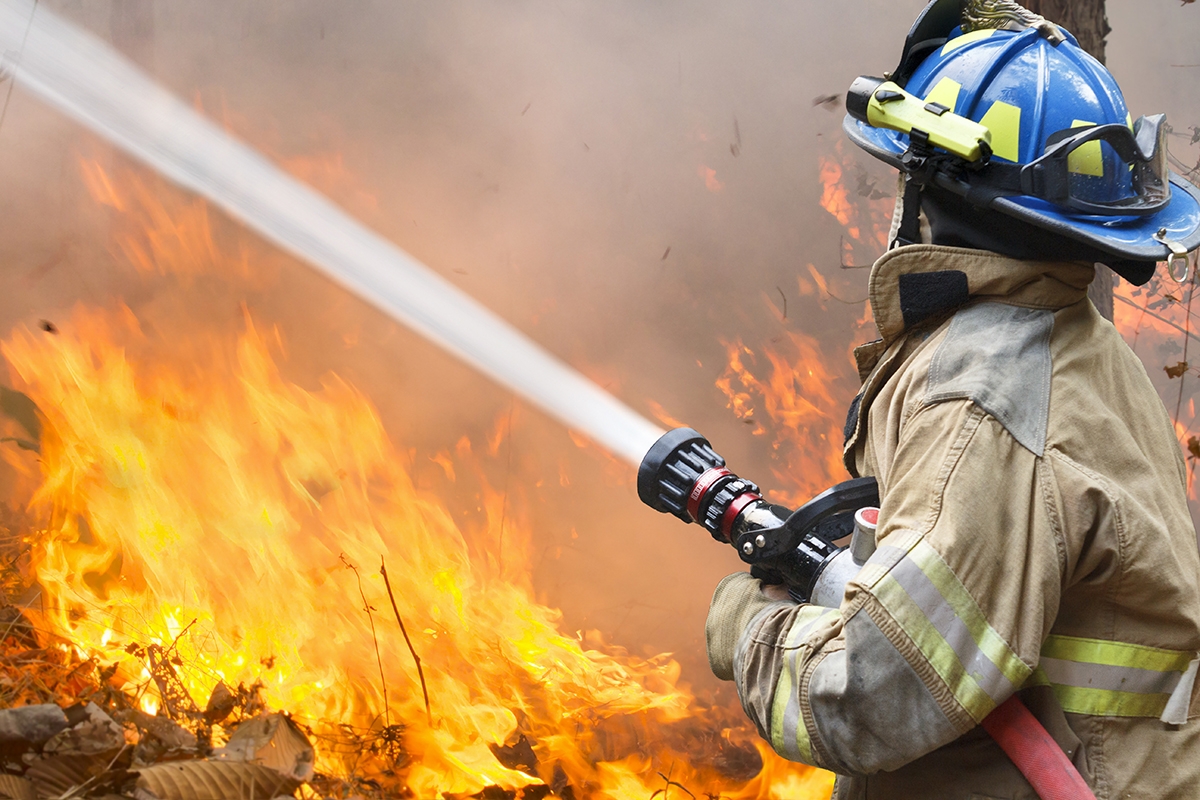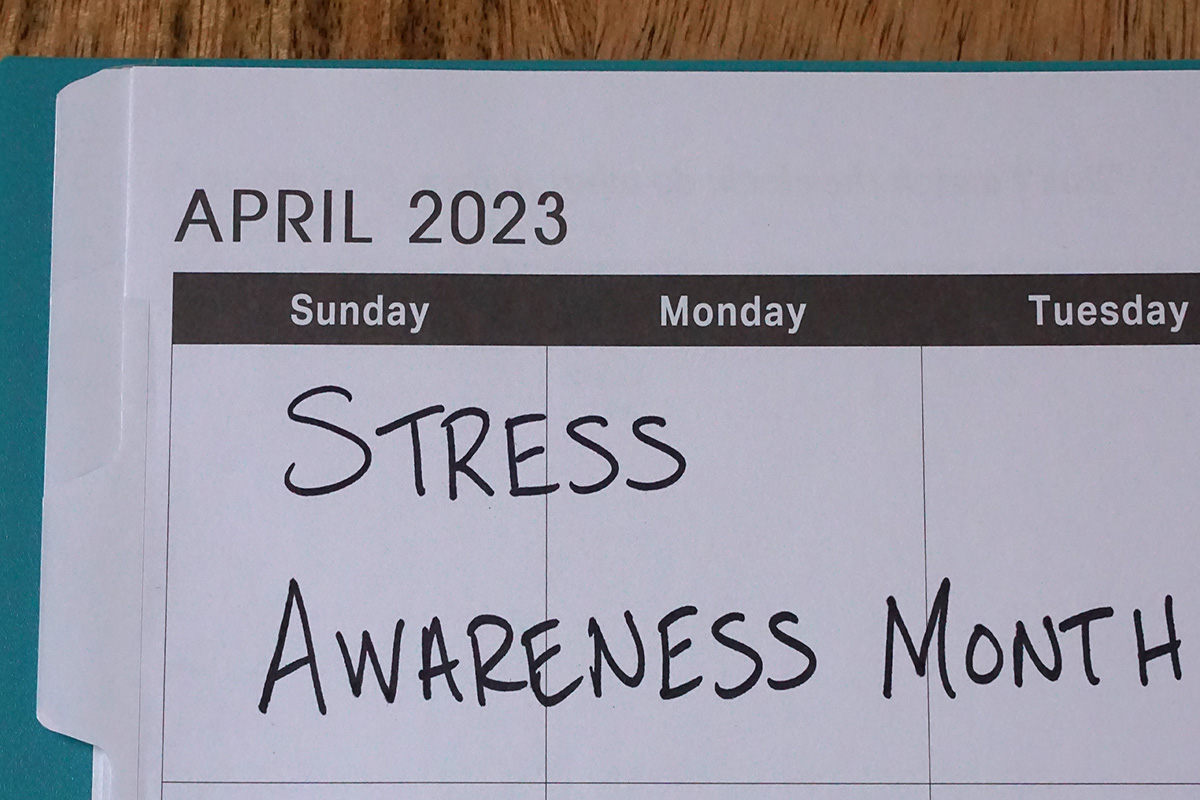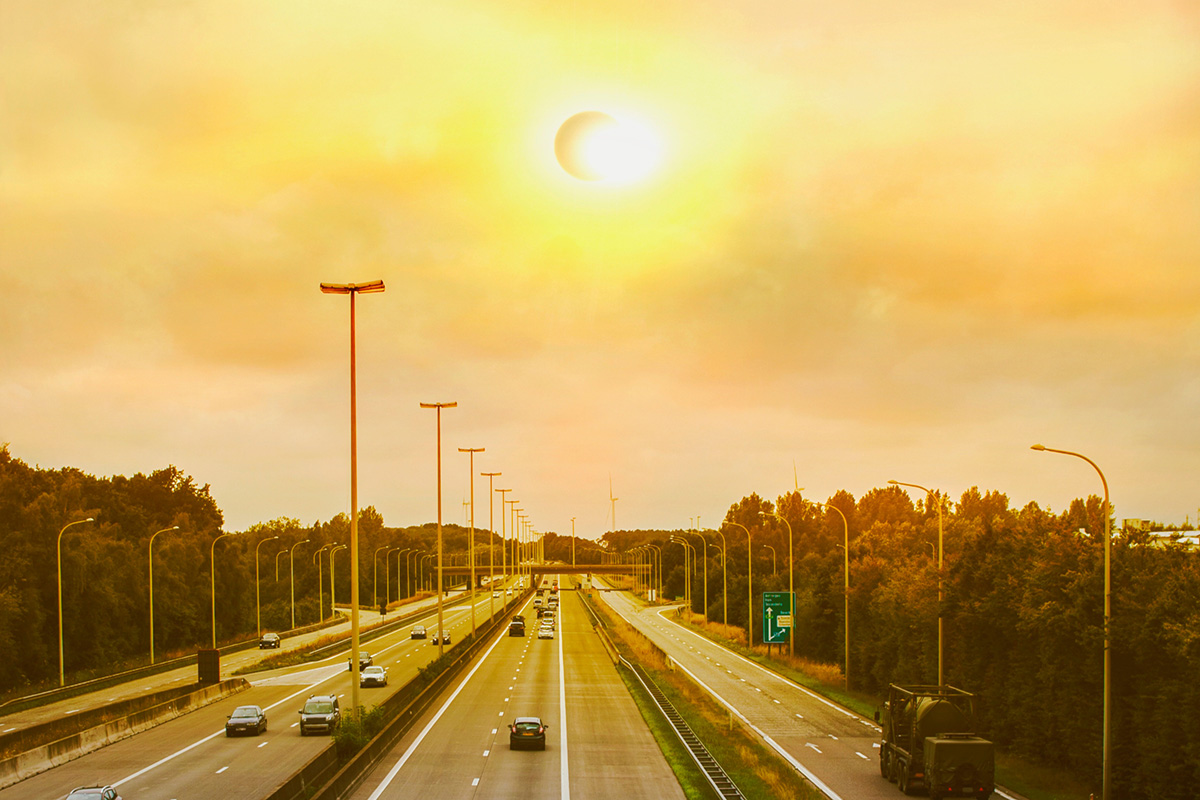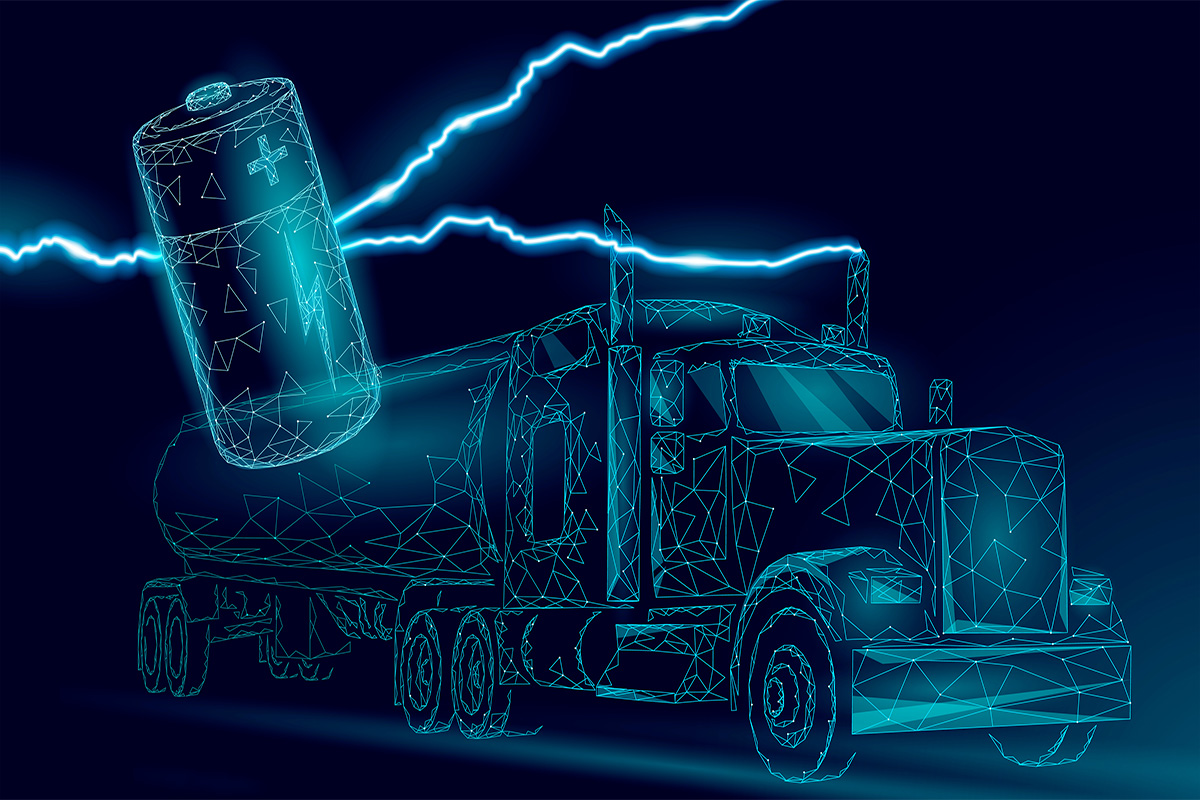July 25, 2021
Are You Prepared for Fire Season?
June marked this year’s start of fire season for North America, with risks looking to rise this month and in August as well. Rising Summer temperatures and rain shortage create a dry brush, drought, and flammable conditions, and all it takes is a tiny spark to ignite it all and cause a wildfire.
If you live in a high-risk fire area or are on the road often, it can be helpful to be aware of what can cause wildfires and how to be prepared for them.
Are You in a Fire Season High-Risk Area?
The National Interagency Fire Center reported above-normal wildland fire potential for most parts of the Northwest and parts of California, Nevada, Utah, North and South Dakota, and the Hawaiian Islands.
The outlook seems to expand slightly but remains mostly the same through August and should start quieting down come September. According to the Drought Monitor, the West is facing its most intense drought in 100 years. Many states are also reporting higher than usual temperatures which don’t help wildfire situations.
Fire Season Main Causes and Being Prepared
The National Parks Service reports that humans cause nearly 85 percent of wildland fires in the United States. A large majority of the fires caused by nature are often due to lightning strikes. These natural fires can help the ecosystem and keep it in balance. A balance that is often disturbed by human inference.
Campfires are often left unattended, which can cause the area around them to catch fire as well. Faulty equipment in highly flammable areas can cause sparks that ignite any nearby dry brush. Aside from these causes, the ever-famous discarded cigarette butt is like throwing a match into a sawdust pile soaked in lighter fluid.
Always be mindful and don’t leave a fire or explosive equipment unattended. Many campsites, especially those located in National Parks, have already banned open flames, including campfires, to help decrease the effects of fire season.
Prepared Safety Features are a Must for Fire Season
There are steps you can take to prepare for a fire hitting your home, as well as if you’re hitting the road. Maintaining your vehicle can prove incredibly effective during fire season and help prevent fires caused by sparks from engine ignitions.
Jiffy Lube recommends changing the passenger cabin air filter to ensure your cabin is clean of smoke contaminants if you encounter a wildfire on the road. Reviewing safety procedures for your truck or car will help prepare it and prevent issues during a fire.
Turn on emergency alert services that can notify you when a wildfire might be nearby. Look for apps such as the CAL FIRE App that can provide more detailed alerts based on where you are traveling. If you hear news about a wildfire in the direction you’re driving in, evacuate if you can or head in a different direction, don’t try to take on a wildfire to get to a destination. It’s not worth it.
The Washington Post features an article about what to do if you get caught in a vehicle with flames quickly approaching. Tips include parking in an area with no debris, trees, etc., with a barrier such as a concrete wall between your vehicle and the fire if possible, covering yourself in a wool blanket, and lying on the floor of your car until the flaming front comes and goes.
Fire season is upon us and may get worse in the coming month. Anything you can do to prepare can essentially save your life and those who may be with you. Check out some tips for driving in other weather conditions such as snow or rain.



